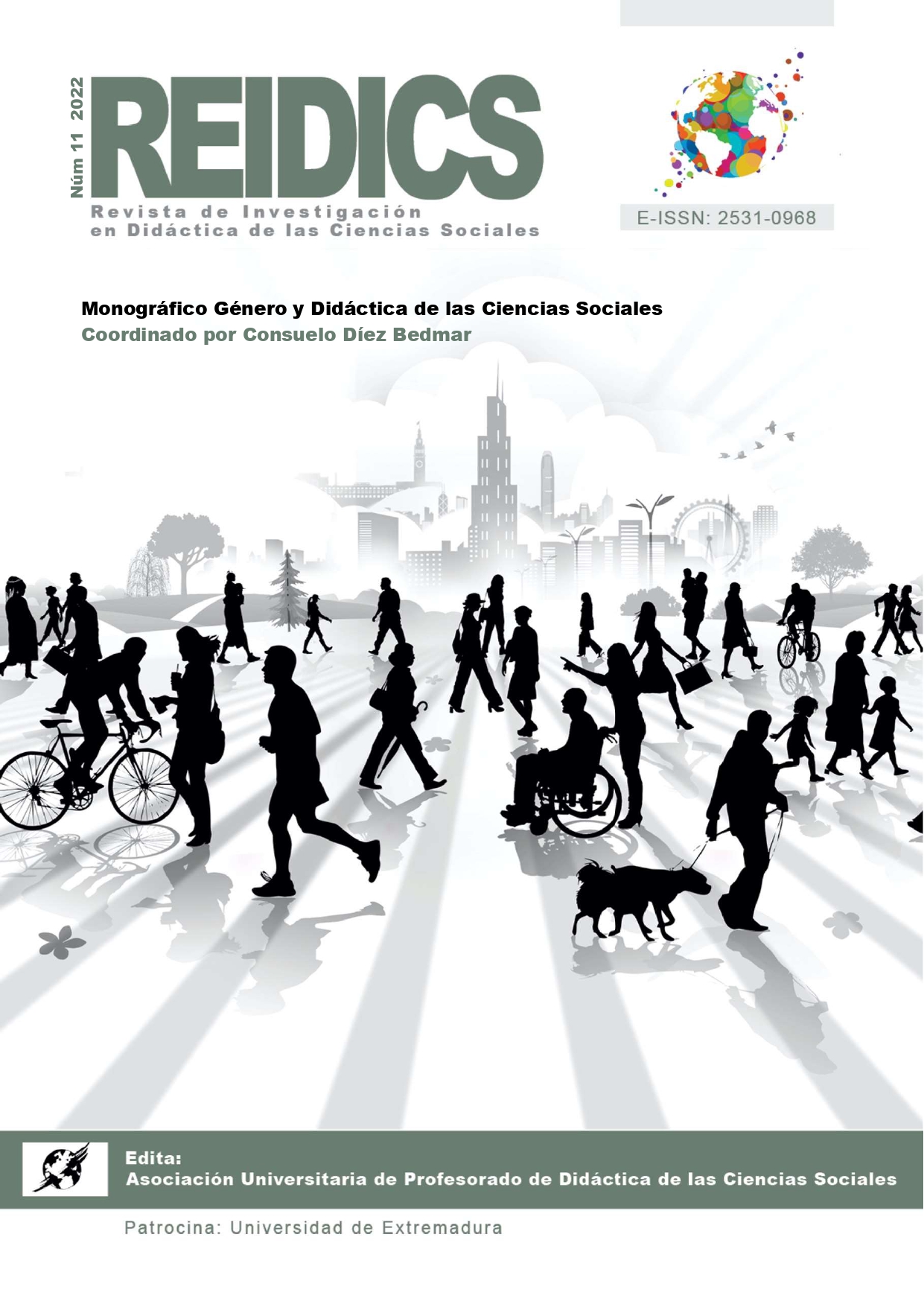The teaching of gender history: some notes on the Italian context
DOI:
https://doi.org/10.17398/2531-0968.11.20Keywords:
gender history, teaching History, Italian school, textbooks, innovationAbstract
This contribution attempts to give an overall picture of the didactics of gender history in Italy. It addresses the regulatory aspect, the broader context of cultural policies and public debate (in which history and historians appear largely marginalised), the presence of innovative teaching tools introduced with the aim of overcoming the rigidity of textbooks and bringing the most recent results of historiographic research into the teaching of gender history. Above all, the Italian Society of Historians (founded in 1989) is involved in teacher training. Educational projects are also developed by universities, study centres, associations and various cultural institutions, including the network of Historical Institutes of the Resistance. The text also examines a recent journal monograph - Ricerche Storiche, 2 (2019) - dedicated to the teaching of gender history. What emerges is the fragmentary nature of the framework and the initiatives, the lack of take-up by institutions, especially in relation to the training and updating of teachers. In the Italian political and cultural debate, the history of gender relations always appears as one particular story among many, and not as one of the great founding questions of historical reconstruction itself.
Downloads
Published
Issue
Section
License
Aquellos autores/as que tengan publicaciones con esta revista, aceptan los términos siguientes:
- Los autores/as conservarán sus derechos de autoría y garantizarán a la revista el derecho de primera publicación de su obra, el cual estará simultáneamente sujeto a la Licencia de reconocimiento de Creative Commons 4.0 BY-NC-SA que permite a terceros compartir la obra siempre que se indique su autor y su primera publicación en esta revista.
- Los autores/as podrán adoptar otros acuerdos de licencia no exclusiva de distribución de la versión de la obra publicada (p. ej.: depositarla en un archivo telemático institucional o publicarla en un volumen monográfico) siempre que se indique la publicación inicial en esta revista.
- Se permite y recomienda a los autores/as difundir su obra a través de Internet (p. ej.: en archivos telemáticos institucionales o en su página web) antes y durante el proceso de envío, lo cual puede producir intercambios interesantes y aumentar las citas de la obra publicada. (Véase El efecto del acceso abierto).
- Los autores y autoras han respetado la política de autoría de esta revista.




